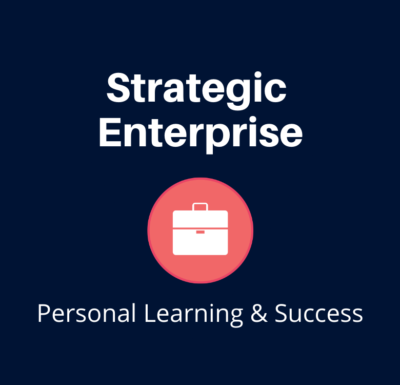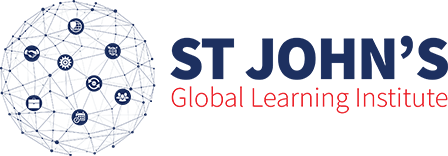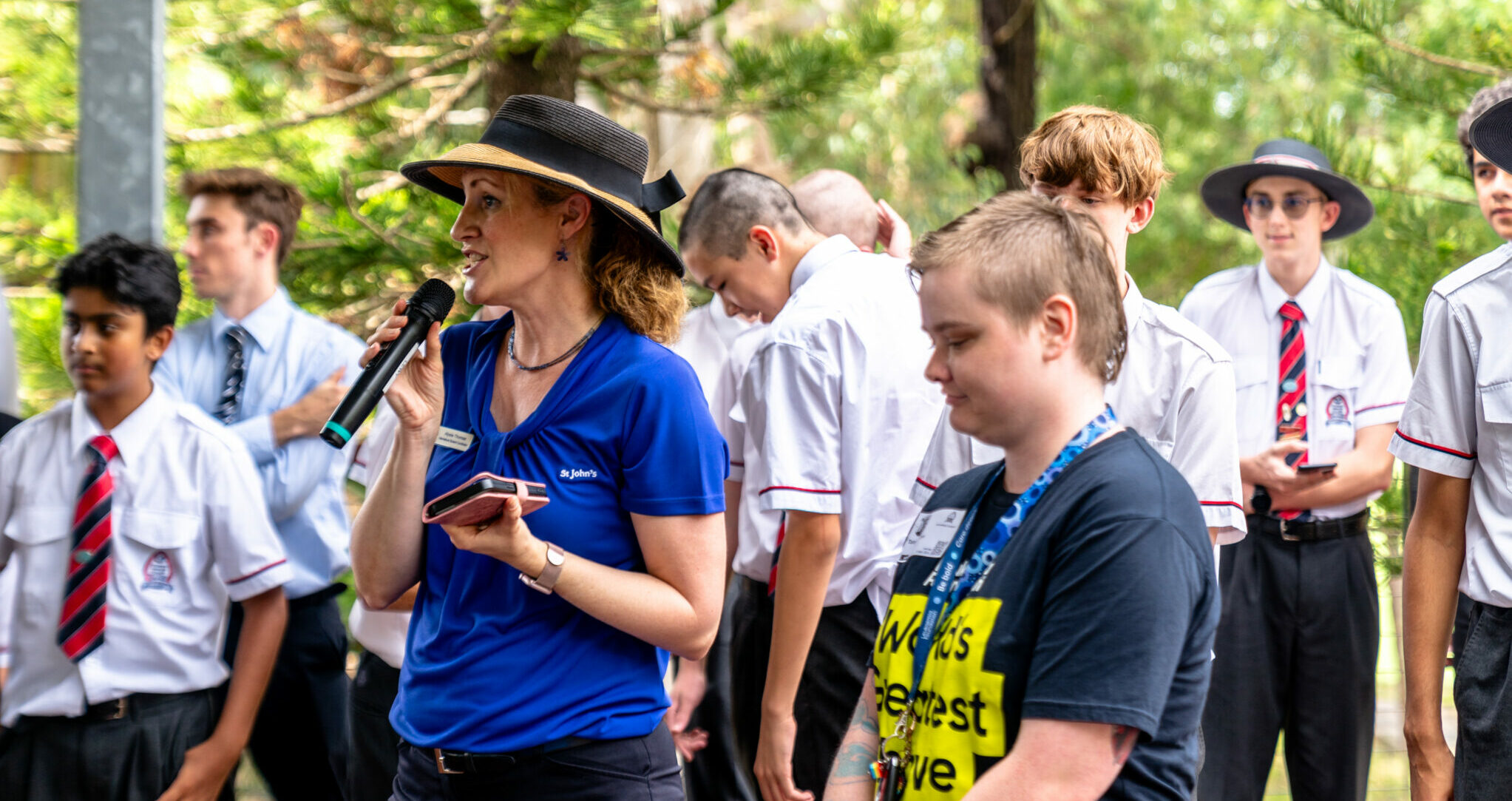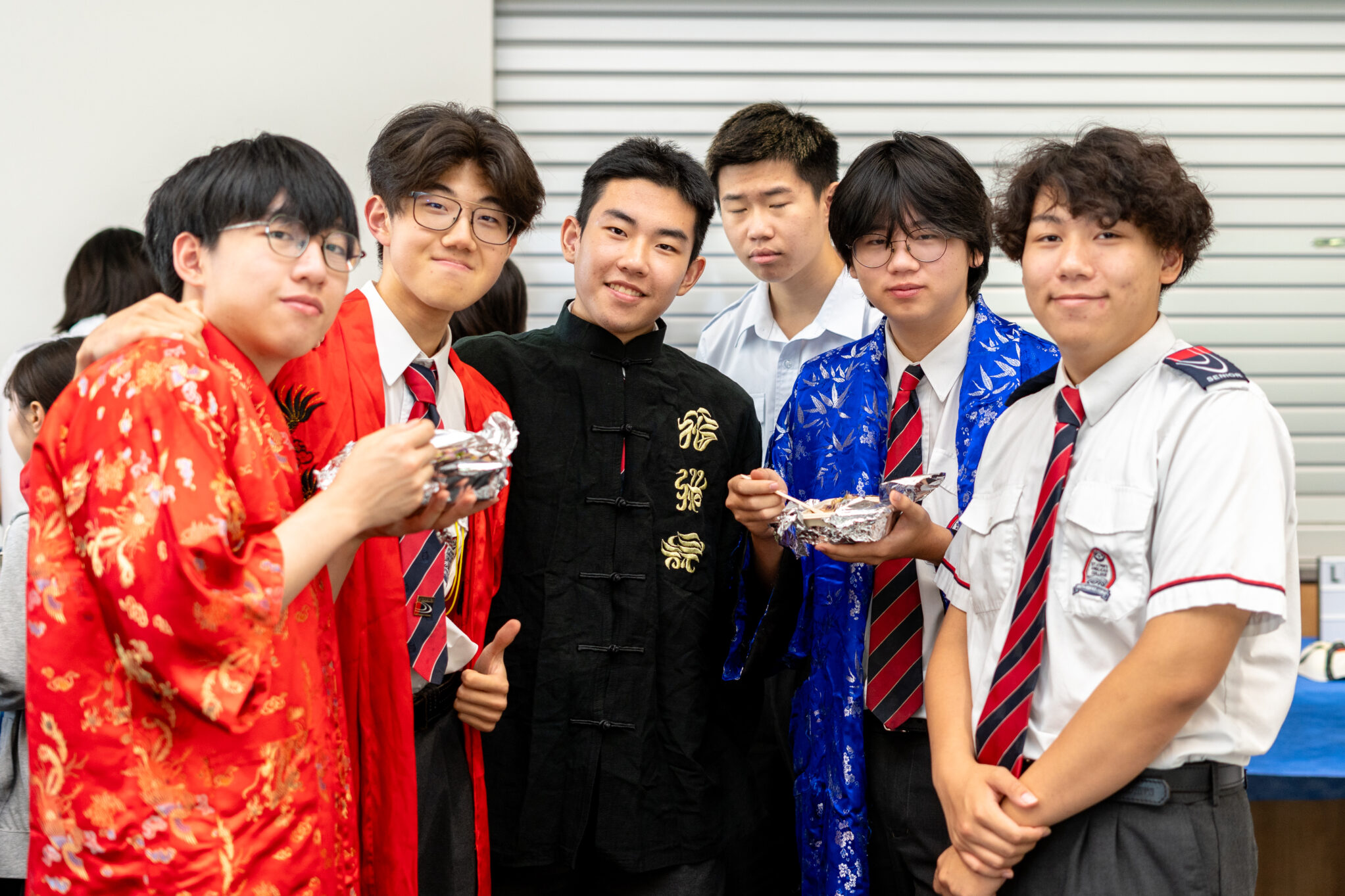
Learning itself is not linear, it is dynamic and multifaceted. The learning curve or the ‘Dunning-Kruger effect as it is also referred to, demonstrates the influencing factors to learning including individual differences, retention and forgetting, complexity of knowledge and skills, motivation and engagement as well as trial and error.
Research tells us that study methods such as cramming, multitasking, and study marathons do not result in deep learning and that learning is massively impacted by wellbeing and positive relationships. Peak study effectiveness comes from having adequate sleep and nutrition, identifying what time of day works best for you, as well as setting up a conducive study environment with limited distracting influences. Having an effective, actionable study plan including goal setting and breaking tasks into achievable chunks makes a big difference and is a great way to get started.
St John’s Academic Prefects shared with families on the night their preferred revision techniques:
- Retrieval Practice – where you will answer questions about the topic you are revising. You might use flashcards, revision quizzes and past papers.
- Re-reading and progressive summary – each time you re-read, you summarise into fewer and fewer words/dot points.
- Interleaving – study different subjects alternately – for example, one hour of Maths, one hour of Biology, one hour of English, repeat the cycle over time.
- Graphic organisers/mind maps – using diagrams to help store information – mental pictures.
- Spacing – studying a little information regularly over a longer period.
- Connections – trying to link unique/novel information to something you already know.
In conclusion, it’s vital to acknowledge the rewards tied to studying. Whether it’s indulging in a beloved TV series, gaming, or socialising with friends, these incentives serve as powerful motivators, rendering the study process more enjoyable and manageable.
Slides from this Let’s Talk About workshop evening can be found in the parent’s Resources in My St John’s.
Mr Andrew Landroth
Deputy Principal – Curriculum & Innovation




